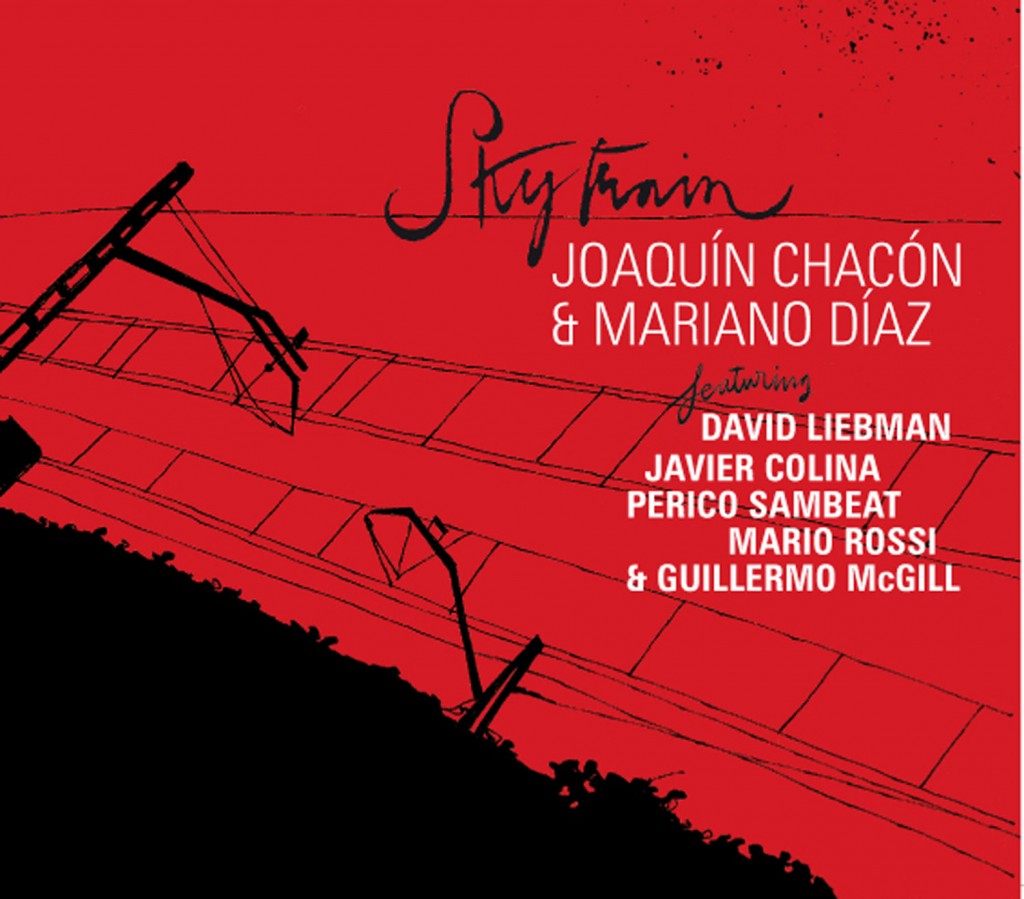Skytrain

The recording of an album in which a musician like Dave Liebman is participating never fails to awaken my interest. And if it has been thought up by colleagues and friends as well (Mariano and Joaquin, in this case) my interest is doubled. There are various reasons, but the main one is that when you know the protagonists of the music, you immediately wonder how the alliance is going to work out.
During a seminar a few years ago, I asked Pat Metheny how he had got on playing with such a challenging and complex musician like Jack DeJohnette for the first time. Pat replied that when faced with a situation like that, it is up to whoever is involved to analyse and get to know the musician in question. I would add that, at the end of the day, the guest in question is also a guest of honour, somebody who must be made to feel at home, and who, one hopes, will return the hospitality by giving of his or her best, musically speaking.
So the repertoire is a decisive factor. In Skytrain, the repertoire is made up entirely of original compositions. It could be divided into three stylistic groups and Liebman handles all three with equal ease. First of all, we have what we could call a post-bop theme, with tracks like “Energy Thieves”. Then there are tracks that are closer to rock and funk, like “Skytrain”. And finally, more sombre compositions, like “Gris”, which recall his collaboration with Richie Beirach.
I was lucky to be present at the session in which these tracks were recorded. There was a very intense atmosphere. In the breaks and sustained by a pizza, music and musicians were discussed at length. One recalls a tribute Dave paid to the great pianist George Cables, and one is reminded of one of the best albums he was to record with Elvin Jones, the little-known “Earth Jones”, with Kenny Kirkland on piano. While recording, he was all energy and dedication, and that can be heard throughout.
Later, there was a second session in which Perico Sambeat took over on saxophone and Mario Rossy replaced Javier Colina on double bass (Guillermo McGill was on drums in both sessions). The stylistic line of the album remained intact and the result was equally splendid. This is easy to explain: apart from the individual value of the musicians, what we have here is a group of “old acquaintances” with shared codes and used to sharing countless musical projects.
The result is an album of tremendous quality, freshness and originality. I am in no doubt that the listeners are going to be delighted.
Guillermo Bazzola. Madrid. 21 October 2013